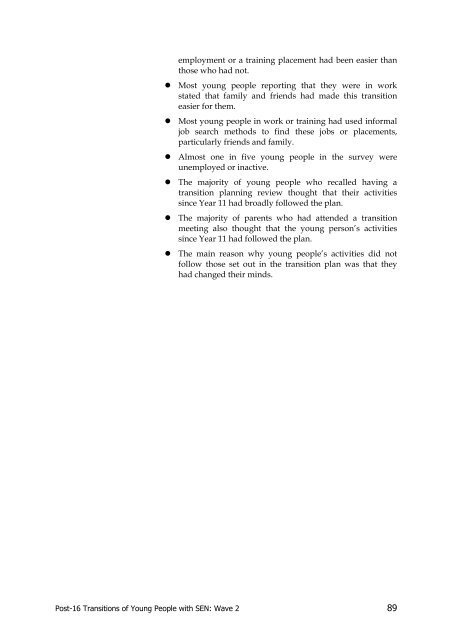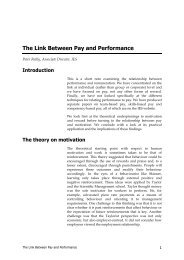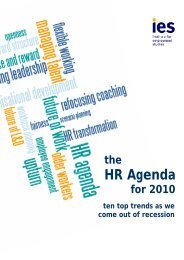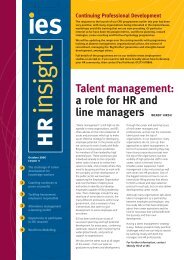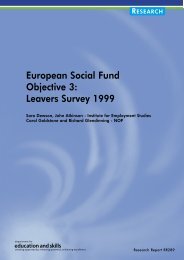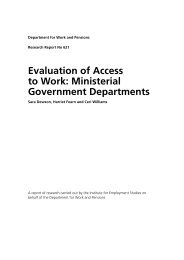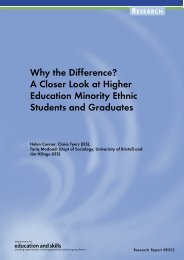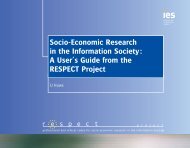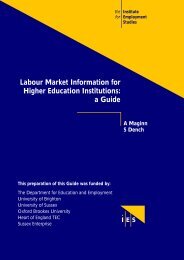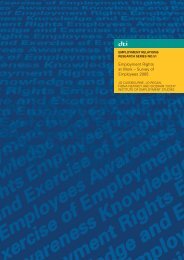Post-16 Transitions: a Longitudinal Study of Young People with ...
Post-16 Transitions: a Longitudinal Study of Young People with ...
Post-16 Transitions: a Longitudinal Study of Young People with ...
Create successful ePaper yourself
Turn your PDF publications into a flip-book with our unique Google optimized e-Paper software.
employment or a training placement had been easier than<br />
those who had not.<br />
• Most young people reporting that they were in work<br />
stated that family and friends had made this transition<br />
easier for them.<br />
• Most young people in work or training had used informal<br />
job search methods to find these jobs or placements,<br />
particularly friends and family.<br />
• Almost one in five young people in the survey were<br />
unemployed or inactive.<br />
• The majority <strong>of</strong> young people who recalled having a<br />
transition planning review thought that their activities<br />
since Year 11 had broadly followed the plan.<br />
• The majority <strong>of</strong> parents who had attended a transition<br />
meeting also thought that the young person’s activities<br />
since Year 11 had followed the plan.<br />
• The main reason why young people’s activities did not<br />
follow those set out in the transition plan was that they<br />
had changed their minds.<br />
<strong>Post</strong>-<strong>16</strong> <strong>Transitions</strong> <strong>of</strong> <strong>Young</strong> <strong>People</strong> <strong>with</strong> SEN: Wave 2 89


